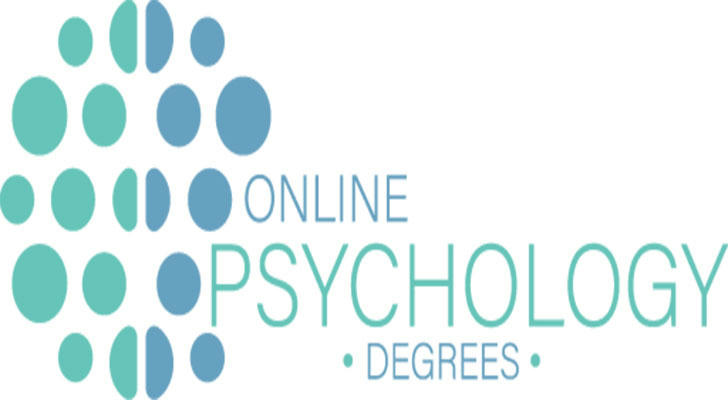How to Choose the Right Online Psychology Certificate Program for You
Online psychology courses offer a flexible and convenient way to study, allowing you to learn from home at your own pace. However, choosing the right course can be challenging. Here are some key factors and practical tips to help you make an informed decision.

How Can You Ensure the Course Is Credible?
TheVerify Accreditation: Ensure the course is offered by a reputable university or a recognized psychology institution. Look for information on the institution’s official website or course catalog about its accreditation status.
Read Reviews: Search for reviews and testimonials from previous students on independent review sites or forums. This can provide insights into the course quality and the institution's reputation.
What Should the Course Content Include?
Review the Syllabus: Look at the course outline provided on the course page. Ensure it covers the subjects and skills you are interested in and aligns with your career goals.
Check Learning Outcomes: Verify that the course clearly states its learning objectives and expected outcomes. This helps ensure that you will acquire the knowledge and skills you need.
How to Assess the Teaching Team’s Qualifications?
Research Instructors: Look up the instructors' profiles on the course website or their professional LinkedIn pages. Check their educational background, work experience, and any publications or contributions to the field.
Read Instructor Reviews: Look for feedback from students about the instructors' teaching effectiveness. This information is often available in course reviews or forums.
What Kind of Learning Support Can You Expect?

Evaluate Support Features: Check if the course includes interactive elements like online discussion forums, live Q&A sessions, or virtual office hours. These features can provide additional support and enhance your learning experience.
Contact Course Support: Reach out to the course provider to ask about the availability and quality of support services. This could include technical help, academic advising, or peer interaction.
Is the Course Worth the Cost?
Compare Prices: Look at the fees for different courses and compare them to what is offered. Ensure that the course price is reasonable for the content and support provided.
Check for Hidden Costs: Be aware of any additional fees for materials, exams, or certification. These should be clearly stated before you enroll.
How Can You Find the Right Course for You?
Use Comparison Tools: Utilize course comparison websites to evaluate options based on factors like cost, content, and ratings. Sites like Coursera, EdX, or academic review platforms can be helpful.
Try Out Preview Courses: Many courses offer free trials or sample lessons. Take advantage of these to assess if the course style and content meet your needs.
Verify Certification: Ensure the course offers a valuable certificate or academic credit upon completion. Check if it is recognized by professional bodies or relevant in your field.
What Extra Resources Can Enhance Your Learning Experience?

Explore Additional Materials: Look for supplementary resources such as psychology blogs, online forums, and discussion groups. Websites like Psychology Today or academic forums can provide additional insights and support.
Join Study Groups: Participate in online study groups or communities related to the course. Engaging with peers can offer different perspectives and aid in understanding complex topics.
What Are Some Real-Life Success Stories?
• Psychological Counseling Course
Sarah was a working professional with a strong interest in psychological counseling. She completed an online psychological counseling course, which taught her essential counseling skills and methods for diagnosing and treating mental illnesses. Post-graduation, Sarah became a certified psychological counselor and successfully launched her own practice, both in her community and online.
• Organizational Psychology Course
Jak ,who majored in business administration, developed an interest in organizational psychology. He enrolled in an online organizational psychology course, learning about team management, leadership, and employee motivation. After completing the course, Jak secured a position as a human resources manager at a large company, where he used his new skills to optimize team operations and employee management.
• Child Psychology Course
Emily ,an educator with a keen interest in child psychology, chose an online course focused on this field. She learned about child development stages and methods for diagnosing and intervening in behavioral issues. Following the course, Emily took on a role as a school psychological counselor, helping students overcome learning and behavioral challenges, and contributing to the school's mental health services.
What Do Experts Recommend for Choosing a Course?
Seek Expert Advice: Reach out to professionals in the psychology field for recommendations on reputable courses.
Attend Webinars: Participate in webinars or online events where experts discuss trends in psychology education and course recommendations.
Contact Professional Associations: Get in touch with organizations like the American Psychological Association (APA) for guidance on credible programs.
Network with Professionals: Connect with industry experts on LinkedIn or through academic conferences to gather personalized course recommendations.
Conclusion
By carefully considering these factors and following the outlined steps, you can select an online psychology course that fits your interests and career goals. I hope these tips help you make an informed choice and establish a strong foundation for your future career.
